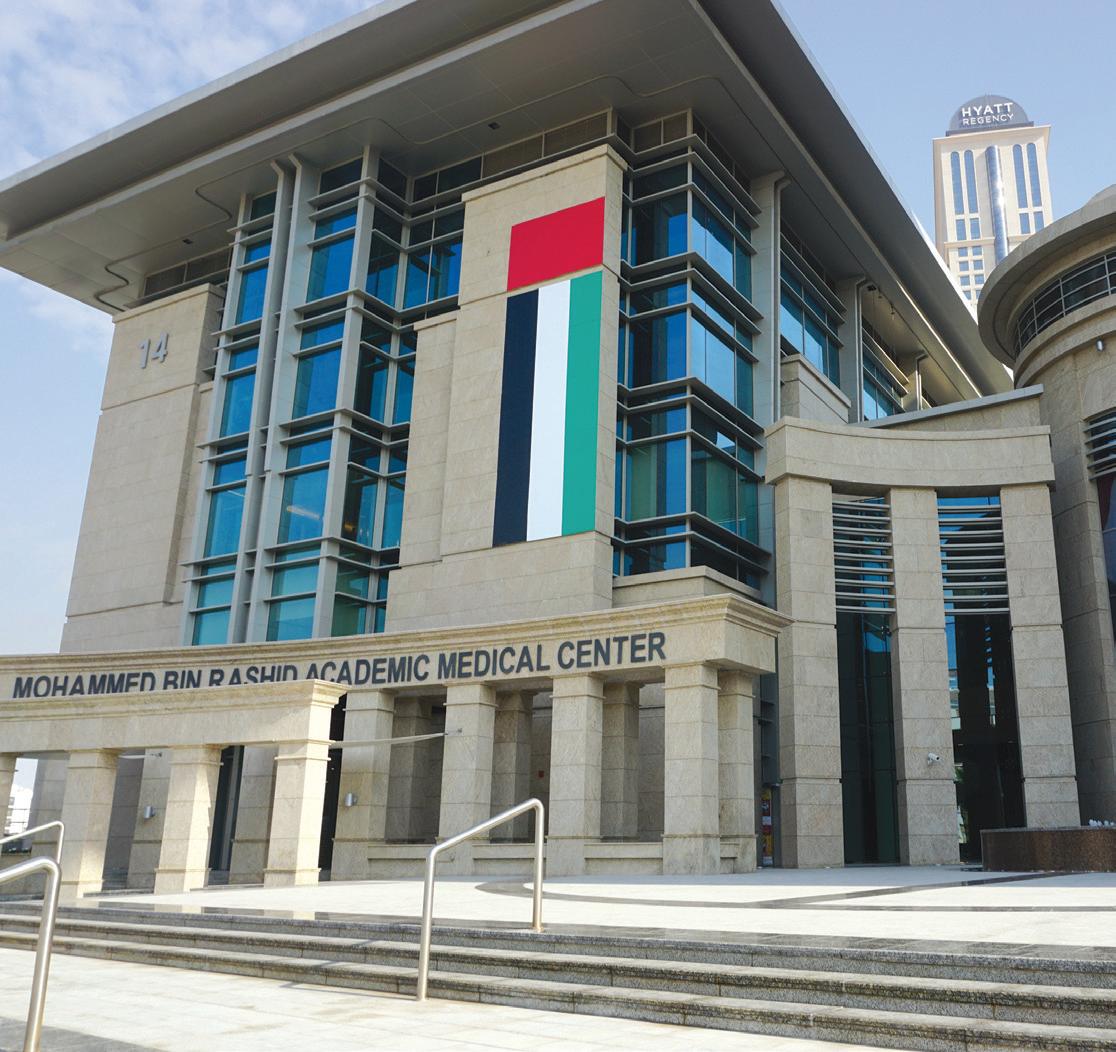When James Birren, then 78 and the chairman of the NIA, read my grant proposal, he became so inflamed by my ignorant ageism that he traveled from Washington to Boston to give me a severe, but generative, talking-to. He cured me of my age phobia and inspired what became my fascination with old age. How glad am I that Birren did not die at 75. Thanks to his wisdom, I changed my focus, and the NIA funded the study for the next two decades. Today, more than 30 of the 268 men remain alive, each in his early to mid-nineties. And most are very glad to be so. It was with some sympathy, then, that I read one man’s argument for having his life end at 75. As I described in my 2012 book, Triumphs of Experience, the Harvard nonagenarians I have followed for nearly a half century have shown us how much we have to give even when we are no longer in what many consider our prime. Some study participants became guardians of the past as historians or genealogists. Some shared how their hard-earned experiences helped inform their roles as judges, mentors, and grandparents. My worst fear when I applied for my grant— the toll of dementia—also has been informed by the evidence gathered in the study. It’s true that, on their ninetieth birthdays, twenty-two of the seventy-seven surviving members of the Harvard Study had or would develop dementia. But just four years later, only four of the thirty-six men who survived have dementia. In other words, our study found that after age 90 the incidence of Alzheimer’s disease decreased. For most of us there does come a time when our worst fears about aging come true, but not, usually, until death is near. Yes, those final months are often excruciating and should not be elaborately prolonged. Yes, as the writers in “Second Opinions” state, our wishes for how those final months are lived should be talked about in advance of living them. Yes, the final months are costly, and their costs should be reduced. But death, and the expensive agony at its threshold, can happen at any time between birth and age 110. In a New Yorker piece that appeared in 2014, Roger Angell, the 94-year-old sports writer and essayist, demonstrates old age’s gifts of empathy and perspective. Without self-pity,
he first lists the physical insults of his aging: nerve pain from old shingles, a herniated disc, an angioplasty and “a couple of arterial stents,” crippling arthritis in his left hand, a bad knee. He then describes the real pain of old age, the kind that can’t be relieved by any known medical intervention—having the loves in one’s life die. He movingly describes some of these losses: his wife, a pain that still aches; his oldest daughter, the “oceanic force and mystery” of whose premature death, he writes, “had not left full space for tears”; his beloved terrier, Harry. “Why,” Angell asks, “do [memories of them] sustain me so, cheer me up, remind me of life … Why am I not endlessly grieving?” Perhaps it is because 90-year-olds are more resilient than the middle-aged. In Angell’s words, “Surveys … confirm that a majority of U.S. people over seventy-five keep surprising ourselves with happiness.” Put me on that list. I retired at 72 after turning the directorship of the Harvard Study over to a younger researcher. But I still tend to the study thirty hours a week. I remarried at age 76. Now 80, happily married, I hang out with my children and grandchildren. To my chagrin, I must admit that I may be more engaged with my children now than I was at the so-called height of my powers. It’s true that I walk, talk, and think more slowly than I used to. I don’t hike in the White Mountains anymore, and I’ve never used a smartphone. But I walk, I write. I’m not obsessed with staying young. Instead, I’m happy to be 80, and I look forward to turning 90. If arthritis and a dicey memory are the price I pay for the joy of attending my granddaughters’ weddings, so be it. george vaillant ’59 orange, california
Sleep Over I was most interested to read about the efforts to design more patient-friendly hospital rooms in “Better by Design,” featured in the Winter 2015 issue of Harvard Medicine. It took me back to an in-hospital experience I had after open-heart surgery. In this advanced teaching hospital my bed was designed to squirm under me, presumably to help prevent bedsores. Subjectively, however, it was as though two incompatible anacondas were constantly wrestling under me. I wondered: What insensitive turkey had designed this torture device? I don’t recall if I
avoided bedsores, but I certainly avoided sleep. After one night of this discomfort, I asked for relief, so the staff simply turned off the bed. It settled stably. Unfortunately, during my second night, the call-button control slipped off the bed and onto the floor. I was stuck: getting out of bed with a split sternum was both impossible and forbidden, and my piercing whistle did not carry through the hermetic door. Feeling desperate, I hit upon an idea: I disconnected my chest monitor. This brought nurses rushing in. I explained my situation. With the call button more firmly anchored and the bed forced into quiescence, I finally slept. thomas g. gutheil ’67 boston, massachusetts
A Special Everyman I loved the overall theme of the Winter 2015 issue of Harvard Medicine and appreciated how the tribute to the work of Karl Wegner ’58 (“Stately Renovation”) was incorporated into it. My husband, Karl, was proud to be a graduate of HMS and fully appreciated the top flight education given him as a result of his commitment to the Marine Corps from day one at Yale as well as from the “workingman” jobs he picked up during his years at Harvard, including pounding the pavement of Boston as a supplemental mail carrier and working as a night telephone operator at Harvard. Under it all, Karl was always a boy from Pierre, South Dakota, the grandson of immigrants, which, summing it up, are reasons he was the perfect person to present his vision of a four-year, degree-granting medical school in South Dakota to our legislature—and get it accepted, passed, and implemented by all the powers necessary. Thank you again for your tribute. margaret wegner sioux falls, south dakota
Harvard Medicine welcomes letters to the editor. Please send letters by mail (Harvard Medicine, 107 Avenue Louis Pasteur, Suite 111, Boston, MA 02115); fax (617-432-0446); or email (harvardmedicine@hms.harvard.edu). Letters may be edited for length or clarity.
4 harvard medicine ~ spring 2015
02-04 Dean.Letters_4.07.indd 4
5/14/15 3:51 PM












